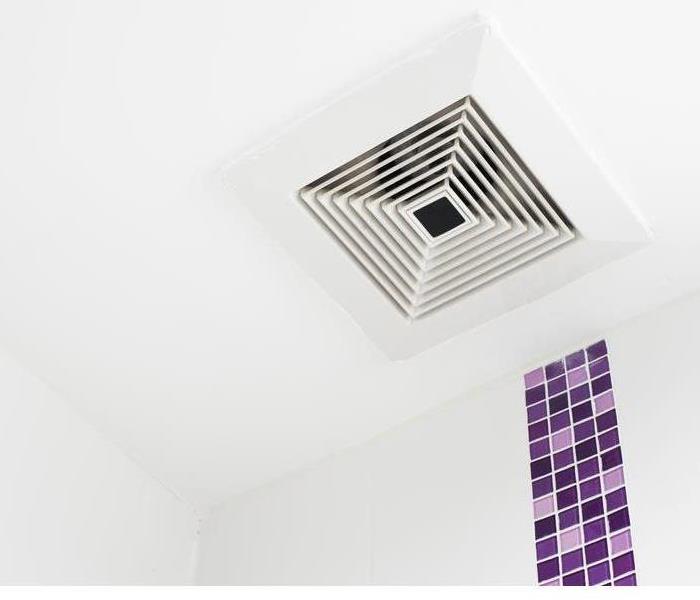Where Does Mold Grow?
12/2/2019 (Permalink)
Every home is susceptible to mold damage. With plumbing lines running through walls and humidity levels giving way to fogged mirrors, it is surprising that more homeowners don't understand the risk. That is why you should have your home inspected by remediation experts in Scottsdale, AZ, every so often, to ensure that your house is safe. However, if you are not ready to find a professional service, then at least inspect the five most common areas for mold to develop in your home.
Kitchen
Laundry room
Bathroom
Basement
Attic
Kitchen
While it might not seem like the kitchen is a likely place for mold growth, especially since you use this room frequently, think again. Kitchens often have increased moisture in the air because of cooking, and if that moisture is not adequately vented, then you can end up with a mold problem.
Laundry Room
Next place to inspect for mold and mildew growth is your laundry room. The washer and dryer can create an environment for high humidity, which is a direct cause of mold development.
Bathroom
Similar to laundry rooms, a bathroom experiences high humidity and moisture levels in the air while taking baths or showers. Mold damage loves excess moisture. While bathrooms often use mold-resistant building materials, the HVAC and insulation are still susceptible to mold growth.
Basement
Basements are prime environments for mold because they are often poorly ventilated and full of moisture due to mechanical closets and exposed piping. Therefore, it is recommended that dehumidifiers be placed in basements to help reduce the risk of fungal development.
Attic
Last, attics often go unnoticed. While roof vents might help to deter a moisture problem from developing, if there is a hole in the roofline that goes unnoticed, then mold spores can take root and multiply.
Mold damage is a problem that every homeowner needs to be keenly aware of. By inspecting the rooms that are most susceptible and installing prevention measures, like dehumidifiers, you can prevent a possible issue from developing. However, it doesn't hurt to have a professional home assessment either.






 24/7 Emergency Service
24/7 Emergency Service
